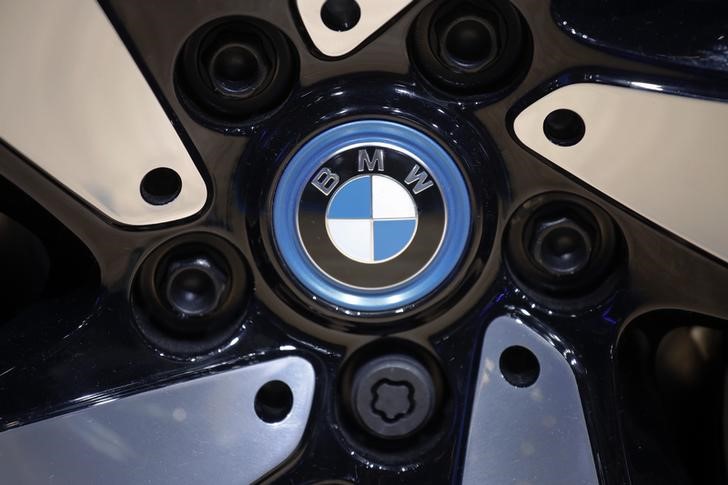Investing.com -- Shares of BMW (BIT:BMW) fell following weaker-than-expected third-quarter results.
At 3:39 am (0859 GMT), BMW was trading 3.9% lower at €69.825.
“The weakest results in the European OEM space, large pressure in every single line, particularly FCF due to IBS and China weakness, in front of a large product offensive,” said analysts at Morgan Stanley (NYSE:MS) in a note.
BMW reported a 16% drop in revenue year-over-year, with volumes down 12% due to supply chain constraints and slowing demand in key markets.
The company’s adjusted EBIT margin sank to 5.2%, a steep 6 percentage points lower than last year. This reflects pressures within the automotive sector, where BMW’s core vehicles achieved a slim margin of just 2.3%—a figure well below the company’s full-year guidance of 6-7%.
Free cash flow is also under pressure, showing a €2.4 billion reduction and putting BMW in a tight spot for the fourth quarter.
A recovery here will be critical to meet the company's full-year cash flow target of over €4 billion, with higher spending on research and development and rising inventory levels adding to the pressure.
These issues, coupled with a slowdown in demand from China, where sales plummeted by 30%, have exacerbated the company’s financial strain.
The U.S. market also showed a 9% year-over-year decline, while European sales were modestly stronger, up by 4%, as BMW gained market share in an otherwise weak environment.
BMW’s product line has been especially affected by a shift in consumer preference and a rise in electric vehicle adoption, which accounted for 19% of sales in the third quarter, up slightly from 17% in the previous quarter.
However, this increase has not been enough to offset the challenges faced by the brand’s conventional models, which have seen declining margins and volume, in part due to the IBS issue impacting model mix.
The outlook for BMW, as assessed by Morgan Stanley analysts, is focused more on 2025 as the automaker grapples with cyclical, structural, and geopolitical obstacles.
Despite a strong product pipeline, the current competitive pressures, particularly in China, are casting doubt on BMW’s ability to bounce back quickly.
